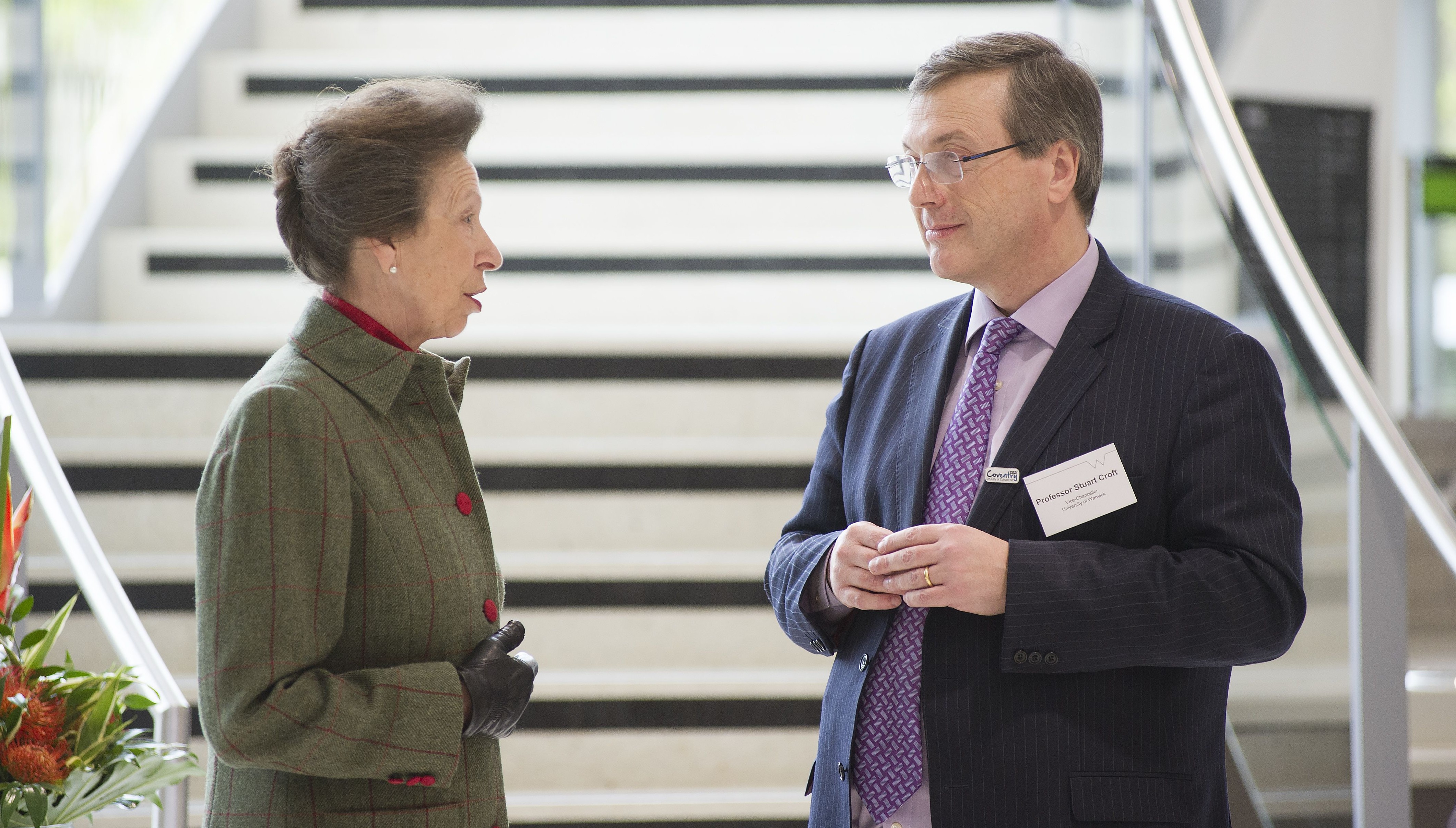Why we shouldn’t deny our vice-chancellors their expenses
University vice-chancellors have been accused of being vastly overpaid bureaucrats who bring relatively little value to the institutions they run. Worse for their reputation is the well-documented use of their expense accounts for items that often appear to be personal rather than professional, and in some cases rather frivolous.
The Guardian has recently reported that some of the £8m expenses claimed by vice-chancellors in the last two years include itemised claims for alcoholic drinks, flowers, and even moving family pets from one place to another. Meanwhile, Channel 4 News reported that expense accounts have been used for international travel including first-class flights, meals at Michelin star restaurants, and stays at five-star hotels, at thousands of pounds cost per trip to university budgets.
University officials have argued that these international trips are necessary to build bridges with partner universities in foreign countries. However, coming at a time of changes to staff pensions and rising fees for students, the use of expense accounts in this manner, and the sums being claimed seem to be extremely insensitive to the current political climate of universities.
Vice-chancellors are now effectively chief executives of major organisations, with hundreds of staff and thousands of customers.
A recent example which offers some comparison is the MP’s expenses scandal of 2009, in which the public discovered that some MPs were acting highly inappropriately in their use of expense accounts, making claims for items like moats and duck ponds. As several commentators noted at the time, the relaxed system of expenses in Parliament was implemented to avoid the politically toxic issue of MPs having to vote themselves pay raises. Indeed, since parliamentary expenses were restricted after 2009, rises in Parliamentary pay have resumed their role as a contentious issue in the media and public perception. There is no doubt that MPs are well-paid, earning around £76,000 per annum, but arguably this high salary is justified, being necessary to attract intelligent people from educated backgrounds away from careers in other professions.
Perhaps this same principle should be applied to university vice-chancellors, who are now effectively chief executives of major organisations, with hundreds of staff and thousands of customers. At this point, I accept that there will be some among our academic community who think that this new role of vice-chancellors as quasi-executive heads of businesses is just one of many negative effects stemming from the trend towards university marketisation. However, as those of you who may have read my piece on student fees will be aware, marketisation is inevitable unless we accept significant reductions in the number of students attending university, and thus some corporate role for vice-chancellors is unavoidable for the time being.
Universities should employ stronger oversight to ensure that expense accounts are not being used for personal matters, with strong reprimands for misuse of funds in this manner.
In the corporate world, executives are generally given expense allowances for their business travel that are separate from their general income. Thus it is not unfair for university vice chancellors to expect a similar arrangement as part of their benefits package. With that said, universities should employ stronger oversight to ensure that expense accounts are not being used for personal matters, with strong reprimands for misuse of funds in this manner.
Alternatively, if one thinks that this separation and oversight of expenses is not practicable or desirable, I have an alternative solution, which, put simply, is to end expense accounts altogether and then increase vice-chancellor pay, by an amount equivalent to their average yearly expenses over the last few years. This would have the twin benefits of eliminating the moral hazard of vice-chancellors managing their own expenses, while simultaneously encouraging them to be more frugal on their foreign trips, which would now be paid for directly from their salary. I think this would do much to reduce the resentment that students and academic staff currently direct towards the senior administrative staff of universities.

Comments